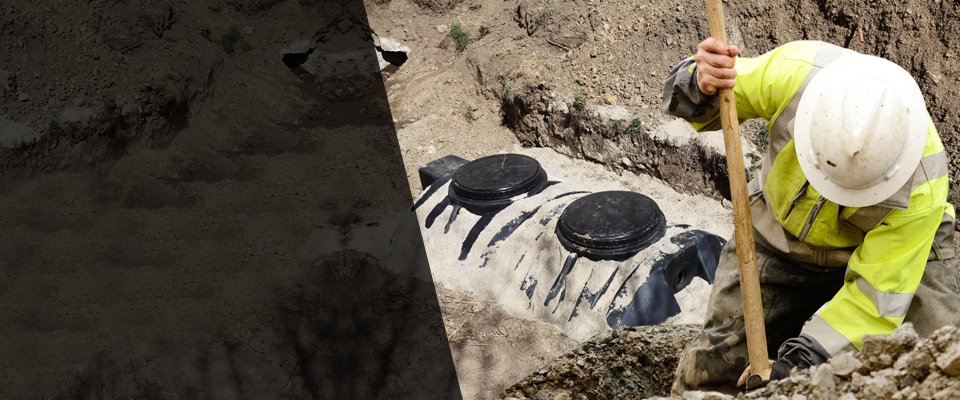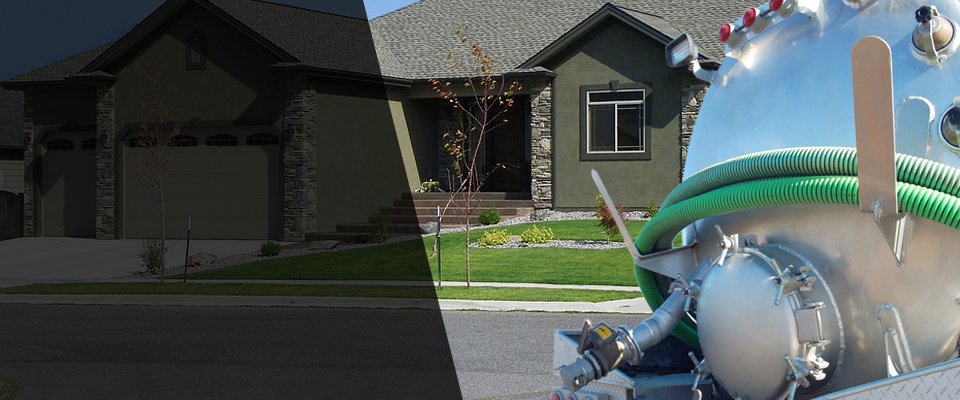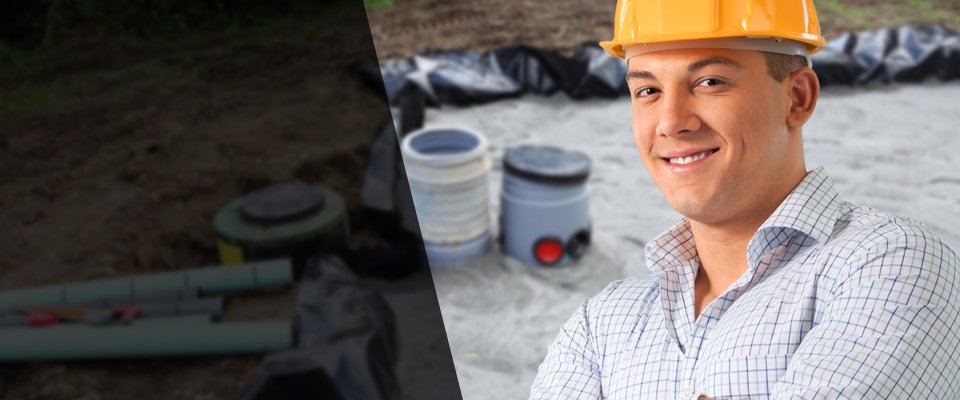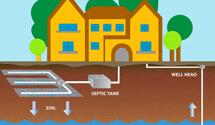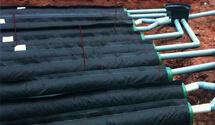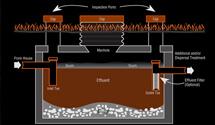Valdosta Septic Tank Systems, Installations, Service & Repair
You probably didn’t get a choice as to whether your home would have a septic tank or would connect with a public sewer system, but you do get to choose who will help you maintain the system and all of its components. We’re proud to serve the Valdosta, Georgia area and to be able to present some of the best and most experienced septic tank pumping, cleaning, and repair technicians around.
Septic Tank Pumping
When proper septic tank cleaning and septic pumping is performed every 3-5 years, you can drastically improve the functionality and lifespan of your entire system. During your regular septic tank cleaning, the technician will also examine the tank, drains, pipes, and leach field to ensure everything is functioning properly. Best of all, our partner technicians provide both commercial and residential septic tank pumping services in Valdosta, so no matter what size system you have, they can help.
Septic Tank Maintenance
Over time, certain components of septic systems will wear out and the pipes of the leach field will become clogged. Thankfully, when these issues are caught early, the damage is generally minimal and repair costs are kept low. Even drain cleaning goes quickly and smoothly with hydro-jetting, the use of high-powered water.
Large and Small Septic Tank Repairs
Our Valdosta septic service partner technicians handle everything from septic tank covers to cracks in the tank itself, and even components within the leach field. Not only do they have the knowledge and expertise to get the job done right, but they provide top-notch customer service to back it up.
Septic Inspections
If you’ve just moved into a Valdosta area home with a system and the previous homeowner has not given you the history of the unit, it’s a good idea to schedule septic tank pumping and an inspection. This will provide you with valuable insights, so you’re not caught off guard with any surprise repairs later. Our partner technicians routinely provide septic inspections for homeowners, as well as those required for real estate transactions.
Installation of Septic Systems
Even when you do follow up with proper septic tank maintenance, cleaning, and pumping, all systems will eventually need to be replaced. Some will literally last for generations, but the type of materials used as well as the elements they’re exposed to can necessitate a replacement in 20 years or less. If you’re looking for septic systems installation, this is when expertise truly matters. Choosing the right team to install your new or replacement system may mean that you will never have to replace it again, for as long as you own the home. Proper installation also results in fewer issues and repairs necessary over the lifetime of the unit and its components.
Schedule Your Septic Tank Pumping or Inspection Today
Although the specialists featured on this site will gladly see to septic system emergencies in an expeditious manner, please don’t wait until you have a problem. Keep your system running better, and save on costs by calling to inquire about our septic pumping and inspection services today.

